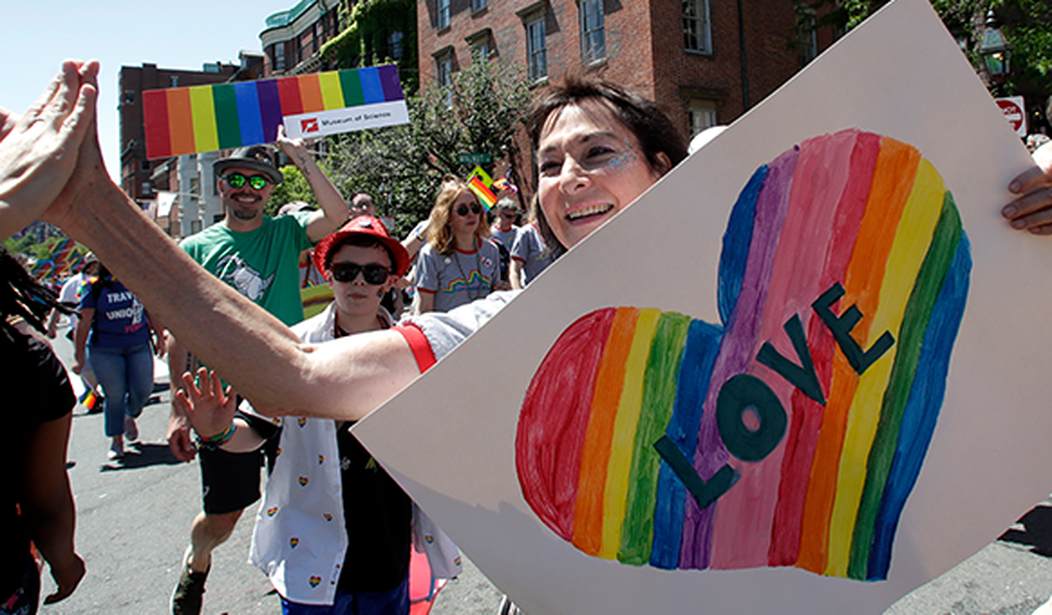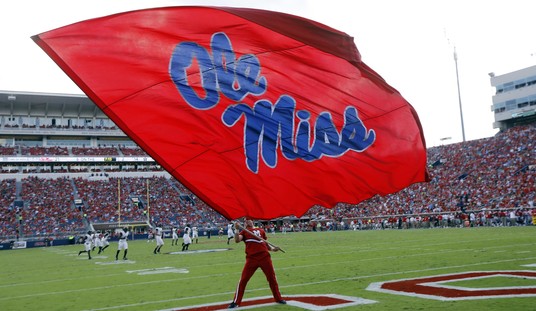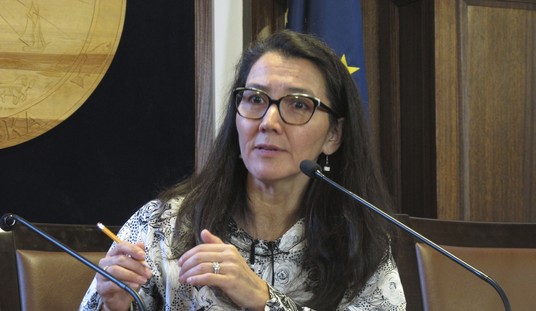Homosexuality is something that’s been on the rise for a decade now and it’s causing some confusion, and I mean that in the most obvious way.
According to The Hill, the Cultural Currents Institute released an analysis that tracked Google searches from 2004 to this month that included search terms such as “am I gay,” as well as the “lesbian” and “trans” variants of the question. Searches for “nonbinary” were also tracked, as well as “how to come out.”
The findings showed that these search terms had jumped a whopping 1,300 percent over that time period and what’s more, these searches jumped in places often considered “conservative”:
The analysis suggested that states that lean more conservative are the “most closeted,” with Utah leading the country in searches for “am I gay,” “am I lesbian” and “am I trans.” Iowa, Indiana, West Virginia and New Hampshire followed Utah in searches for “am I gay,” while Connecticut, Kentucky, Washington and Colorado followed it for searches for “am I lesbian.”
“The regional differences highlighted below are significant, offering a geographical landscape of self-questioning and discovery across America,” the analysis reads. “Utah, a state with traditionally conservative social values, surprisingly tops three out of five search term categories. This might indicate a significant underlying questioning of identity among its internet users, possibly driven by the conflict between personal feelings and societal expectations.”
States that followed Utah for searches in “am I trans” included Kentucky, Colorado, Michigan and Washington. Oklahoma led the nation with the query “how to come out,” and was followed by West Virginia, Mississippi, Louisiana and Kentucky. Vermont led the country in searching for the term “nonbinary.”
Indeed, last February a Gallup poll discovered that more people than ever identify as some sort of sexuality other than straight with Gen Z being the most gay generation to ever exist and not by a small margin. According to Statista, while 10.5 percent of Millennials identify as some form of LGBT, nearly 21 percent of Gen Z claims to fall into that category.
The question is, why are more people coming out or identifying as LGBT than ever before? Is it that there were a ton of gay people that just didn’t feel comfortable coming out and now, with society being so accepting, they can do so without fear?
That might be an element, but given our cultural landscape, I wouldn’t bet that as the number one driver.
Let’s take a look at the facts. For one, no one is born LGBT. Despite years of searching, scientists still haven’t found a gay gene. According to Harvard magazine, there’s little evidence that genes play a role in someone’s sexual preferences. While there have been correlations in some genomes, it hardly leads to causation. In other words, one genome may map a sexual attraction to a certain smell, but that doesn’t mean someone of the same sex giving off that smell would result in sexual attraction.
So we’re left with two other conclusions. One is how you were raised and the other is the environment you find yourself deep within.
Looking at our culture today, it’s safe to assume that the pressure to be a member of the LGBT community is on the populace. You can see it in almost every layer of our society.
As a child, mainstream culture does its best to soak you with pro-LGBT messaging. Kid’s television shows have begun openly embracing the transgender message and Target has recently begun displaying LGBT messaging for kids right at the front of their stores.
It gets worse as you become a teenager as the transgender community utilizes cult-like tactics to prey on your child’s sense of awkwardness and lack of self-confidence. Corporations adopt pro-LGBT messaging and celebrate “Pride Month.” Colleges are so soaked with LGBT messaging that the chances of you running into a professor that doesn’t want to teach you about it are incredibly slim.
Then, as an adult, you’re coerced into supporting LGBT advocacy in some way, shape, or form. Failing to do so may result in you losing your job and ruining your career prospects. Speaking out may get you canceled, causing you to be too hot to touch for many businesses. Moreover, DEI initiatives make it so that if you don’t identify as something other than straight you have less of a chance of getting hired for your basic identity alone.
(READ: If You Want to Collapse a Civilization, Just Institute DEI Initiatives)
Mainstream culture and corporate culture have made it impossible to escape the LGBT activist community’s influence. You hear about it so often that it’s become normalized for the older generations and a part of life for the younger generations. As a result, you get a lot of people wondering if they themselves are gay or coming to the conclusion that they are because our culture told them that it’s highly likely.
But again, there is no gay gene. While there are definitely a small group of people that are truly gay, it’s likely they became that way from something other than mainstream pressure. In fact, according to Vanderbilt University, most LGBT people report having had “adverse childhood experiences” including emotional, physical, and sexual abuse.
So chances are, these people wondering if they’re gay or even identifying as gay aren’t doing it because they’re actually gay. They’re doing it because they’ve been convinced they are.
I won’t be surprised to see Gen Z’s numbers drop off as age creeps in and they become more self-assured in their own personhood. Moreover, if the transgender movement is a trend that is wearing the population’s patience thin (as can be seen by the various backlashes to corporations embracing transgender influencers and messaging) then perhaps those who identify will wind down along with the trend.
But the bottom line is that if you do find yourself questioning whether or not you’re gay, ask yourself if you’d even be asking this question of yourself if you’d never seen or heard some outside influence discussing it as a topic. Had it even crossed your mind at all before you were exposed to it? Even if it did, did you really dwell on it?
The answer is likely “no.”













